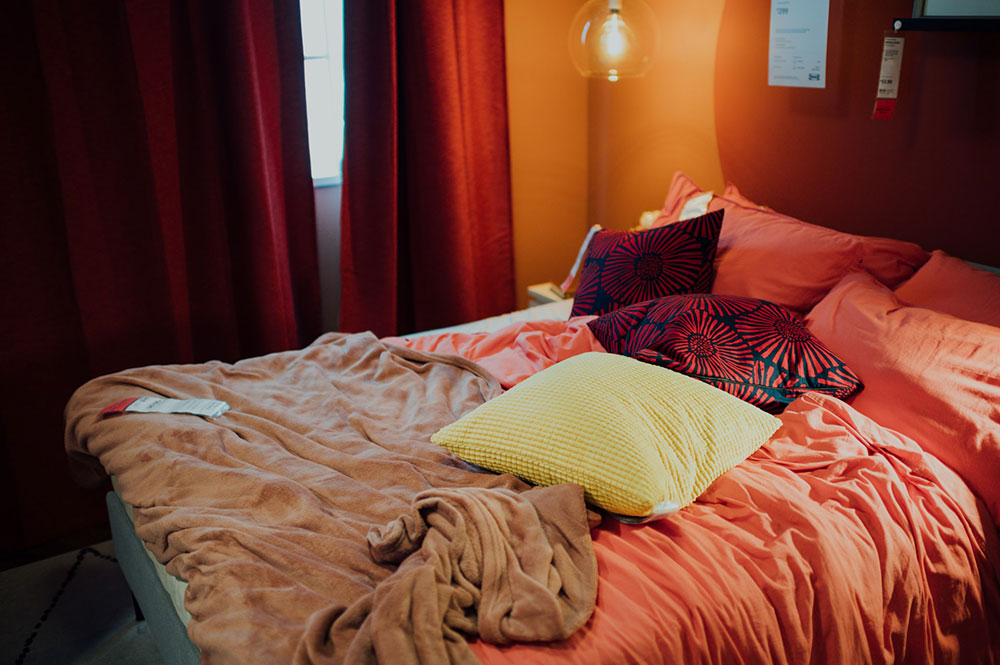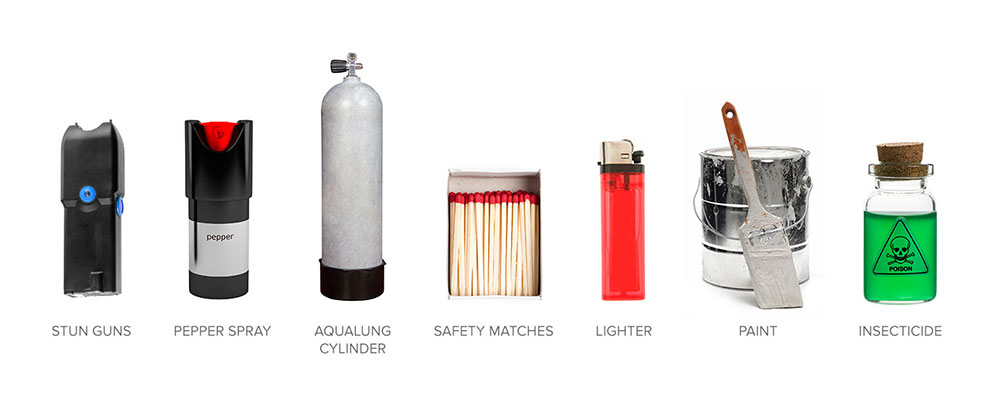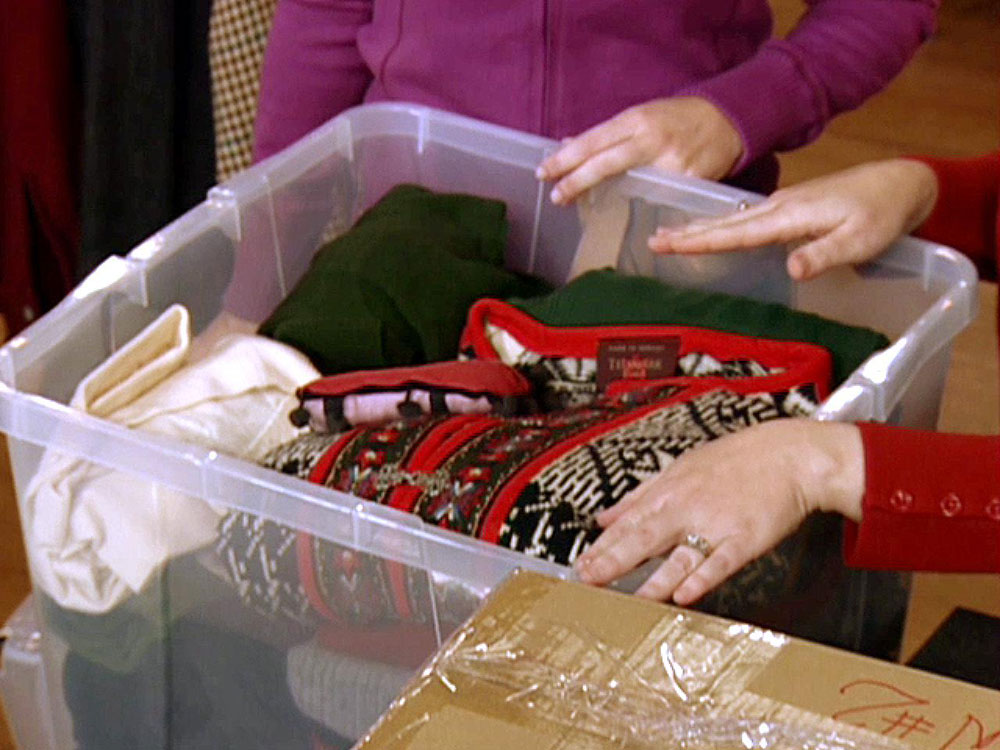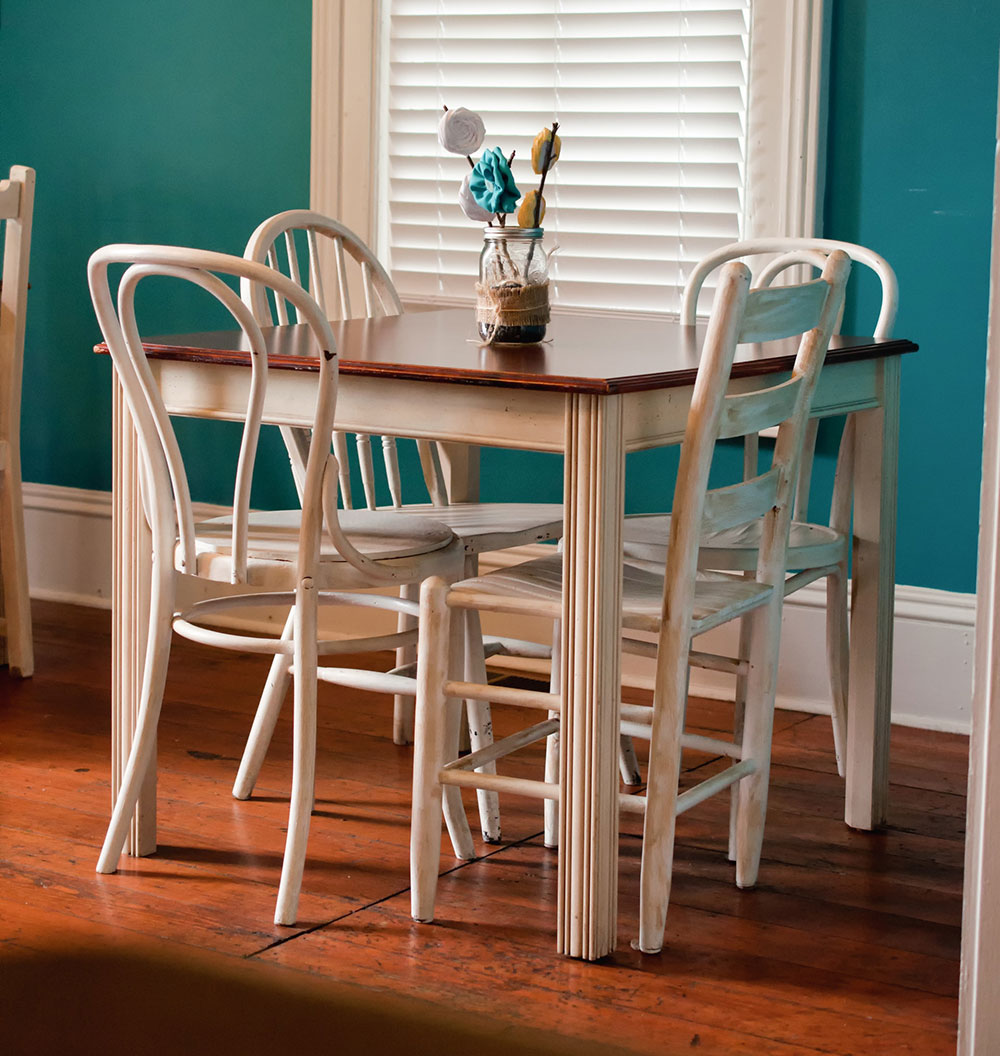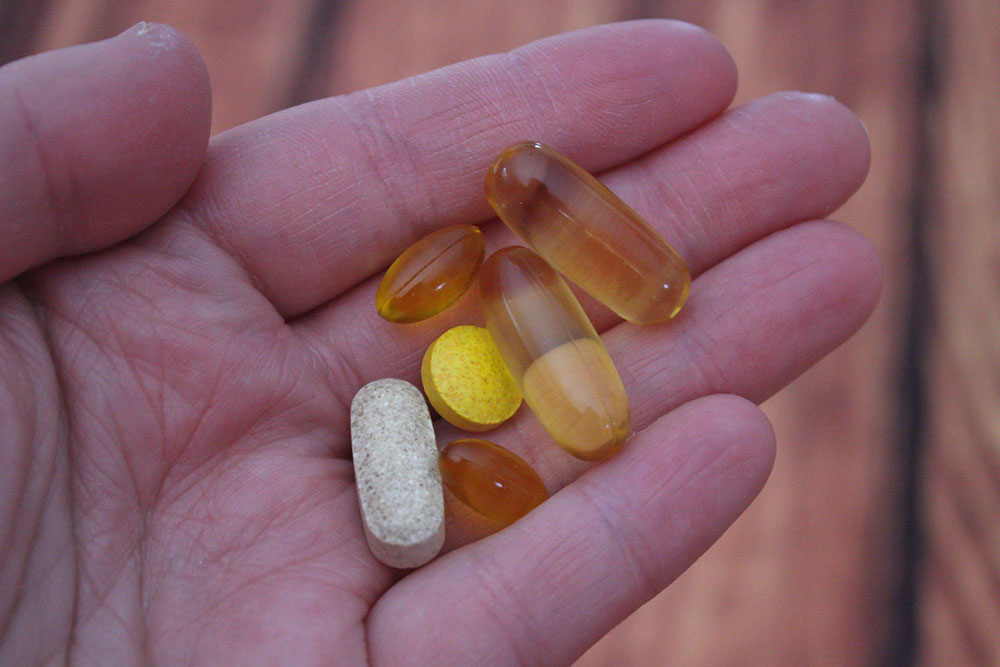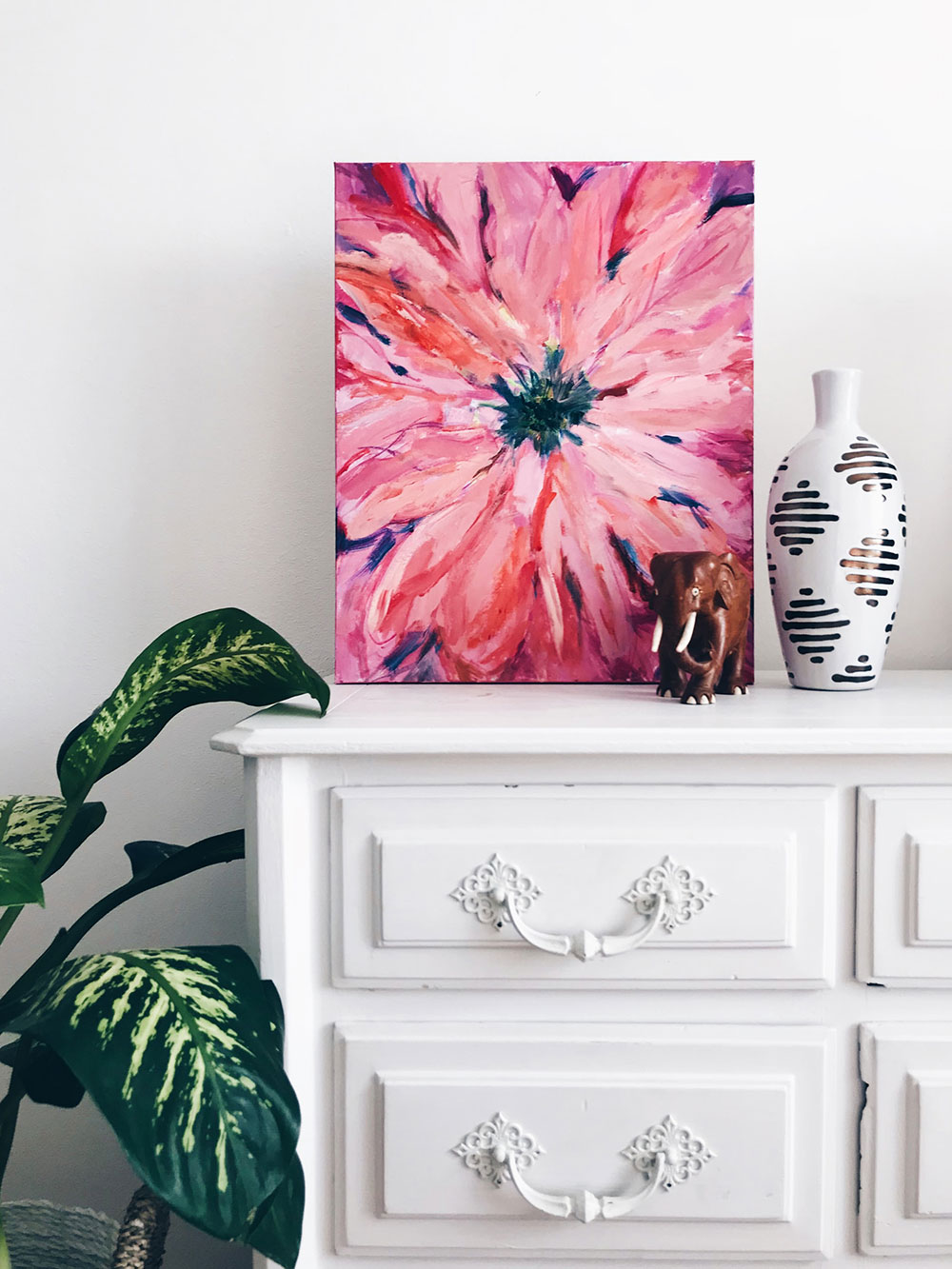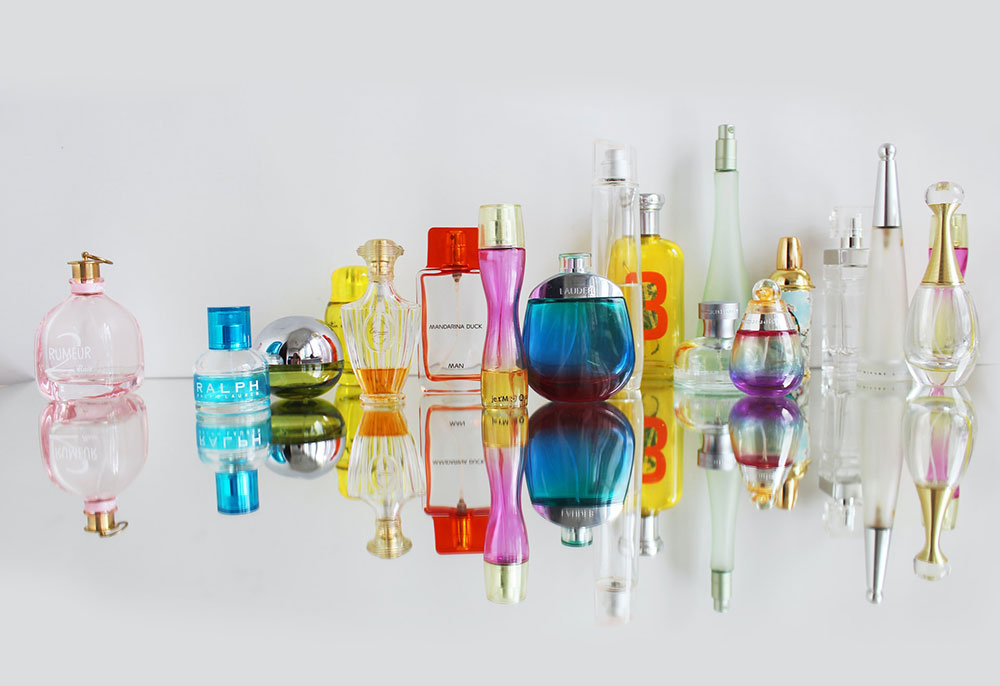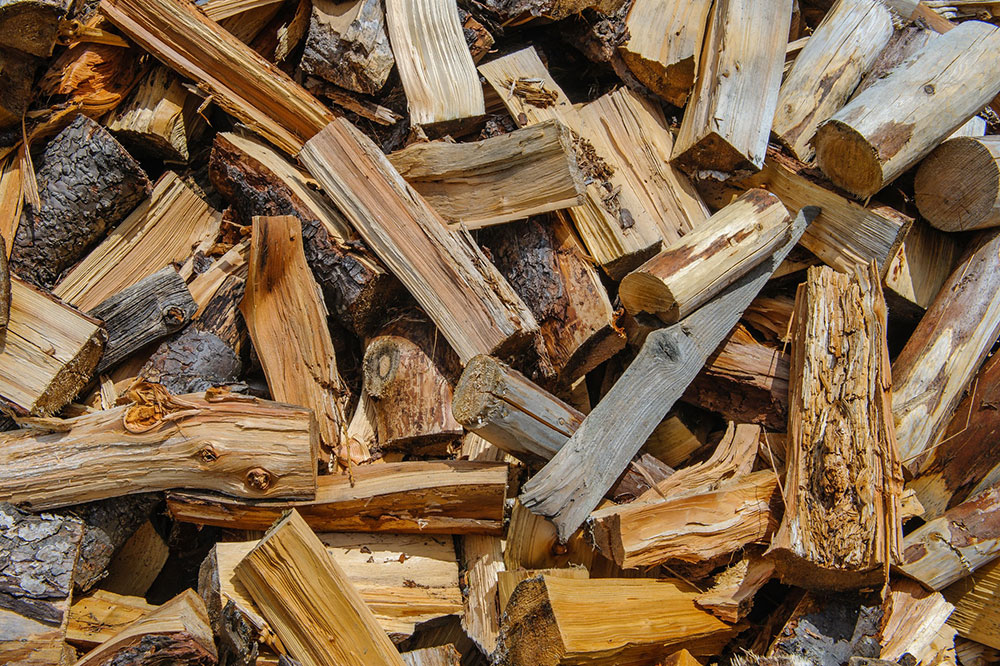Advertisement
Buying or building a house comes with a lot of storage space. If your house has a big garage, attic, or basement you can store lots of things in there!
However, not just anything can be stored in these spaces. They tend to be humid, cold, and not pest-controlled. You should follow some simple rules to make sure your stuff lives a long and happy life.
People often use their basements and crawl spaces for things they don’t need in daily lives, like patio furniture or holiday decorations. While some of these things can be stored safely in these conditions, others can’t.
Basements suffer from changes in temperature, dampness, and even mold. All of that can impact the items you store there. Don’t rush to carry everything to the basement; some items don’t belong in there.
So, what should not be stored in a basement? The following items:
Flammables
The most obvious thing from the what should not be stored in a basement list are flammable materials. Many supplies you may have at home, such as paint, pose a risk of fire. That risk is amplified when stored near a gas-powered appliance. Store these items outside instead, in a garage, or a shed. Don’t store them near a water heater, or a furnace. For extra help and protection, follow the instructions on the box.
Food
What else should not be stored in a basement? Food, of course. Don’t keep your food and drinks in the basement. You can usually store wine, packaged foods, and some root vegetables in a cellar. Basements suffer from temperature swings, which can make the food and beverages go bad. Packaged food can attract pests. Candy can melt or become mildewed.
Photos
Don’t store your photo albums in the basement if you want to show them to the future generations. Humidity and heat can cause discoloration of the photos. Pictures can become mildewed. Your photos won’t survive a long time in that environment.
Electronics
Storing your electronics in the basement sounds like a good idea, right? Before you do that, consider how climate-controlled your basement is. You should only store your TV and appliances in the basement if it’s finished and moisture-free. Either way, don’t place your electronics on the ground. Rather have them elevated on a shelf.
Delicate fabrics
Fabric can get eaten by mice or insects. It is also affected by temperature fluctuations, water, and humidity. Clothes can get infested with moths. If you’re going to do it anyway, make sure the basement is temperature-controlled. Keep the boxes with clothing off the floor. Place them in tight-sealed plastic containers with silica packets inside to avoid water seeping in. You can also throw in some lavender sachets so the clothes don’t smell moldy and old when you take them out again.
Books
We all know what happens to paper in water. Basements tend to be humid, with mold and mildew. Your books can suffer from water damage and become unreadable. Bugs can eat your books too. If you’re looking for a place to store some books you care about, the basement is not it.
Furniture and decor made from natural materials
Wood and upholstered furniture will not survive in the basement either. Wood is a natural material, so it’s susceptible to mildew and mold. Saving wood from mildew is almost impossible, and even bleach might not work. The moisture in the basement will make the wood warp and crack. Don’t let your precious wood furniture rot in the basement.
Toys
Toys are often made out of fabric, and as you know, fabric doesn’t do well in basements. Mice, dust mites, and other insects can ruin your kid’s toys. If you can’t find a different place for toys, store them in an airtight container so that no bugs can get in.
Candles
If you live in a warm state, your candles can melt during the summer. That won’t always be the case, but it’s something to think about.
Bedding
Basements are very humid, so they often house mildew and mold. If you’re going to store bedsheets in the basement, you should at least put them in an airtight container. Mold can be quite harmful, especially to those with asthma and other respiratory illnesses. You don’t want to put your face in a moldy pillowcase.
Vitamins and medications
Medication should be stored in a cool, dry, and safe space, away from children and pets. Basements can be cool, but they’re not dry or safe. While you’re at it, remember to dispose of all the medication you have that has passed its expiration date.
DVDs
Your DVDs can warp because of the temperature fluctuations. They can easily become unusable.
Handmade crafts or artwork
Keep all the artwork in airtight bins in the closet or any other space in your house. Don’t let moisture or mice ruin it.
Perfume
Fragrances can lose potency due to temperature fluctuations and humidity. Your perfume won’t smell the same after some time in the basement.
Firewood
The wood can rot or become too wet for a fire because of the moisture in the basement. It will also attract pests, so it’s best to keep wood a few feet away from your house.
Too much clutter
What else should not be stored in a basement? Before putting something away in the basement, consider if you’ll actually ever use it again. Basements can get cluttered with stuff very easily, and you’ll never even think about all the things you have in there. If you have a lot of stuff in the basement, go through it and see what you can keep and what you no longer need.
You can keep a donation bin around and donate the things you no longer need, like old toys and blankets. Only do so if they’re in good enough condition, of course. This will help you free up some storage space too!
Ending thoughts on what should not be stored in a basement?
Basements are great because they provide some free space for storage. It would be a shame not to use it!
Don’t throw everything down there without looking though. You can store your holiday decorations, kitchen supplies, suitcases, and some furniture in the basement. Make sure to keep stuff in airtight containers if you can.
If you enjoyed reading this article about what should not be stored in a basement, you should read these as well:

